- Home
- Resource
- Explore & Learn
- Advanced Point-of-Care Testing for Medical Disease Diagnosis
- Home
- IVD
- By Technology Types
- By Diseases Types
- By Product Types
- Research
- Resource
- Distributors
- Company
The healthcare sector is undergoing a radical transformation, driven largely by technological innovations that provide patients with more immediate and personalized care. One such advancement is Intelligent Point-of-Care Testing (iPOCT), an evolution of traditional Point-of-Care Testing (POCT) that integrates molecular detection technologies, biosensing, and artificial intelligence (AI) to enable rapid, accurate, and real-time diagnostics at the point of care. Unlike conventional diagnostic methods, which often involve sending samples to centralized laboratories, iPOCT allows for immediate analysis and decision-making, particularly in remote or resource-limited settings.
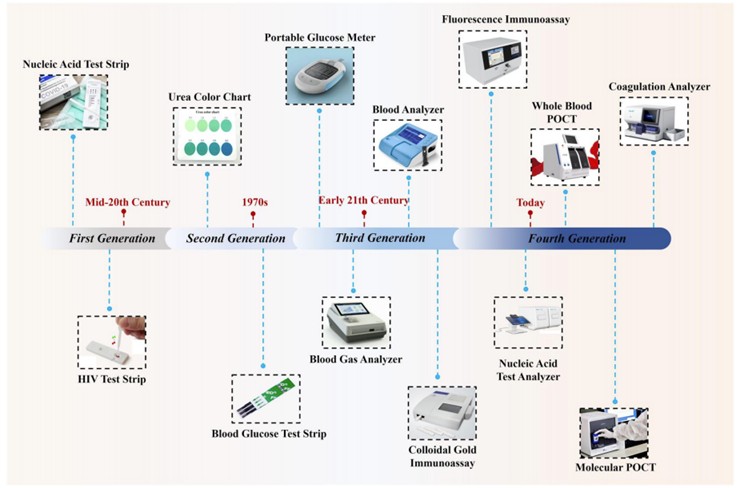 Fig.1 The development history of POCT from the first generation to the fourth generation. (Gao Q., et al., 2024)
Fig.1 The development history of POCT from the first generation to the fourth generation. (Gao Q., et al., 2024)
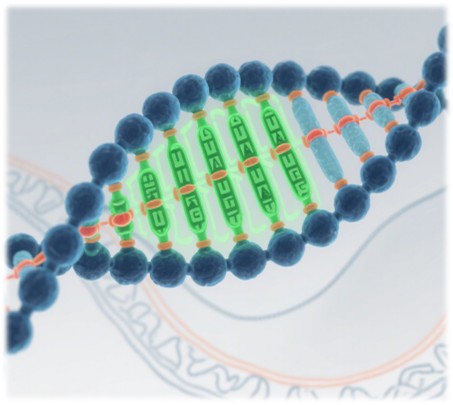
The backbone of iPOCT lies in molecular detection techniques that enable the analysis of complex biological samples at the molecular level. Techniques such as isothermal amplification, microfluidics, and biochip technologies are integral to this system. Nucleic acid-based methods, including Loop-mediated Isothermal Amplification (LAMP) and Recombinase Polymerase Amplification (RPA), have revolutionized the speed and accessibility of molecular diagnostics. These methods allow for the amplification of nucleic acids at a constant temperature, eliminating the need for expensive and bulky thermal cyclers typically used in PCR.
Isothermal amplification offers numerous advantages, particularly for iPOCT applications. It provides rapid, accurate, and portable testing, which is critical in urgent diagnostic scenarios. For instance, LAMP has been used for detecting pathogens such as SARS-CoV-2, with results available in less than an hour. The integration of these molecular techniques into compact, portable devices brings high-precision diagnostics closer to the patient, enabling faster clinical decision-making.
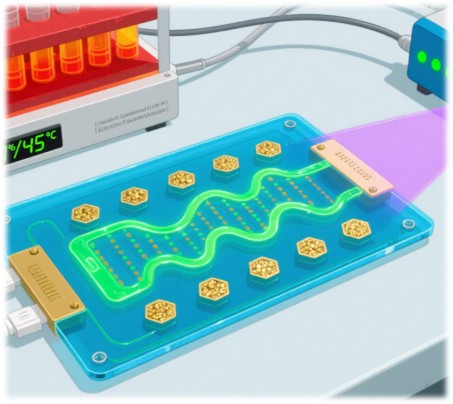
Bio-sensing is another crucial component of iPOCT. This technology utilizes biological molecules, such as antibodies, enzymes, or nucleic acids, to detect specific biological markers. Commonly employed bio-sensing technologies include Surface Plasmon Resonance (SPR) and electrochemical sensors, which are highly sensitive and capable of detecting minute quantities of target molecules.
SPR-based sensors, for example, offer real-time, label-free detection of biomolecular interactions, making them particularly valuable for diagnostic applications that require high specificity. In iPOCT, these sensors can be embedded into small, portable devices, enabling doctors and healthcare providers to monitor and diagnose conditions like infections or cardiovascular diseases with exceptional sensitivity. Electrochemical sensors, on the other hand, are widely used in glucose monitoring systems, providing real-time data to diabetic patients for managing their condition efficiently.
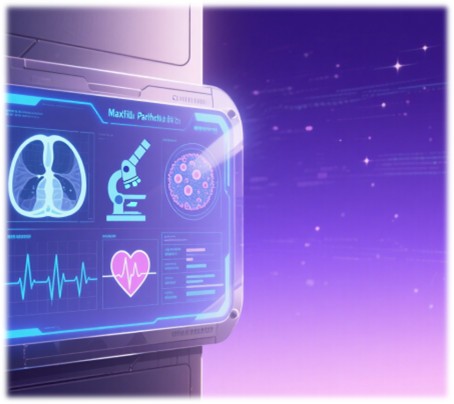
Artificial intelligence and machine learning algorithms are fundamental to the intelligence of iPOCT devices. These technologies analyze large volumes of data generated by molecular detection and bio-sensing systems, offering insights that assist in diagnostics and treatment recommendations. For example, machine learning models can be trained to recognize patterns in patient data, enabling iPOCT systems to make accurate predictions about disease progression or response to treatment.
The ability of AI to process vast amounts of data in real time allows for the automation of diagnostics, reducing human error and enhancing the speed of decision-making. These AI-driven platforms are increasingly being integrated into wearable devices that can continuously monitor health markers such as heart rate, glucose levels, or blood oxygen levels. This integration significantly improves patient outcomes by enabling early detection of abnormalities before they develop into critical conditions.

One of the most promising applications of iPOCT is in the rapid detection of infectious diseases. Traditional diagnostic methods for infectious diseases, such as PCR and ELISA tests, require specialized equipment and can take hours or even days to return results. In contrast, iPOCT systems, which combine molecular detection with rapid biosensing, can diagnose infections within minutes, often at the point of patient care.
For example, the integration of iPOCT with nucleic acid amplification techniques such as LAMP has been particularly effective in detecting pathogens like SARS-CoV-2, HIV, and influenza. Devices capable of detecting these pathogens from nasal or saliva samples without the need for complex laboratory setups are vital in controlling outbreaks and providing timely treatment, particularly in underserved or remote areas. The ability to conduct tests directly at the point of care also reduces the burden on healthcare infrastructure and provides faster clinical interventions.
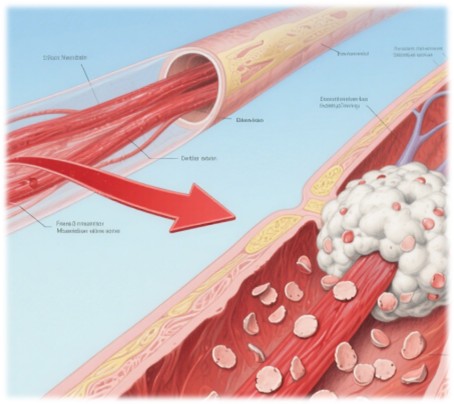
Chronic diseases such as diabetes, hypertension, and cardiovascular conditions require continuous monitoring to ensure optimal patient outcomes. iPOCT systems, when integrated with wearable devices, enable real-time tracking of biomarkers like blood glucose levels, blood pressure, or cholesterol. These devices not only collect data but also provide feedback to patients and healthcare providers, allowing for timely adjustments in treatment plans.
For instance, wearable devices that continuously monitor blood glucose levels have transformed diabetes management, allowing patients to track their condition in real time and make lifestyle adjustments accordingly. Similarly, iPOCT can be used to monitor heart disease biomarkers such as troponin levels, enabling doctors to identify early signs of heart attacks or strokes and take preventative action.
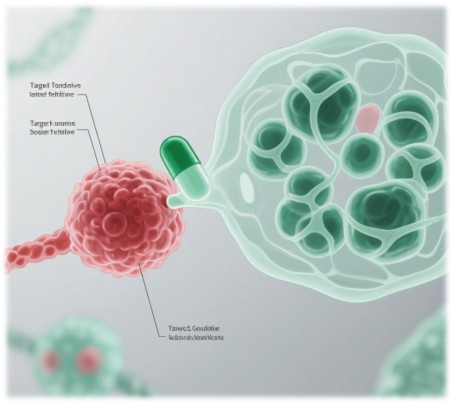
Another critical application of iPOCT lies in the early detection of cancer through biomarker analysis. Cancer biomarkers, such as tumor-associated proteins or circulating tumor DNA, can be detected through biochips and microfluidic devices integrated into iPOCT platforms. These systems allow for the non-invasive detection of cancer biomarkers from blood or urine samples, offering a quicker and more cost-effective alternative to traditional biopsy methods.
For example, iPOCT systems that detect biomarkers for prostate, breast, or lung cancer could potentially screen large populations in resource-limited areas, providing early-stage diagnostic information that significantly improves the chances of successful treatment. Advances in molecular diagnostics, such as the development of CRISPR-based gene-editing tools, are further enhancing the sensitivity and specificity of iPOCT systems in detecting genetic mutations and cancer markers.
Sensitivity and Accuracy
While iPOCT devices are rapidly advancing, challenges remain in improving the sensitivity and accuracy of tests. The complexity of biological samples, which can contain a variety of interfering substances, poses a significant challenge for ensuring accurate results. Developing more sensitive sensors and incorporating better sample purification methods will help address these issues.
Innovations in nanomaterials and functionalized sensors are improving the sensitivity of iPOCT systems. For example, gold nanoparticles and graphene-based electrodes are being used to enhance the detection limits of electrochemical biosensors. These advances enable the detection of biomarkers at lower concentrations, ensuring more accurate results, particularly in the early stages of disease when biomarkers are often present in minute quantities.
Data Processing and Interpretation
The vast amounts of data generated by iPOCT devices, particularly those integrating AI and machine learning, require efficient and accurate processing. While AI-driven models have shown promising results in analyzing diagnostic data, the need for real-time processing and minimizing false positives and negatives is paramount. Developing advanced algorithms that can handle large datasets with high precision will be essential for improving the reliability of iPOCT devices.
Cloud computing and edge computing technologies are being explored to support data processing in real-time, facilitating immediate diagnosis and enabling remote consultations with specialists. However, ensuring data privacy and security remains a significant concern, particularly when handling sensitive patient information.
Integration with Healthcare Systems
For iPOCT to realize its full potential, it must seamlessly integrate with existing healthcare infrastructure. The real-time data provided by iPOCT systems must be incorporated into Electronic Health Records (EHRs) to enable clinicians to make informed decisions. Additionally, integration with telemedicine platforms will facilitate remote consultations, enabling patients in remote areas to access timely healthcare services.
Efforts are already underway to create standardized protocols for integrating iPOCT data with healthcare systems. As interoperability improves, iPOCT devices will become a cornerstone of personalized and remote healthcare.
As iPOCT technology continues to evolve, it is expected to play a central role in precision medicine. By offering real-time, patient-specific diagnostic information, iPOCT systems can help tailor treatment plans to individual needs. For example, iPOCT could be used to monitor a patient's response to chemotherapy, adjusting treatment doses in real time based on biomarker levels.
Wearable iPOCT devices that continuously monitor physiological parameters such as glucose, temperature, or hormone levels are likely to become commonplace. These devices could provide continuous health status updates, helping healthcare providers detect and address health issues as soon as they arise. With the integration of AI, iPOCT devices will not only diagnose conditions but also predict potential health risks based on patterns in a patient's data.
Cloud computing will further enhance the capabilities of iPOCT by enabling real-time data storage, analysis, and sharing across platforms. By leveraging big data, iPOCT systems can detect trends and correlations across large patient populations, providing valuable insights into disease progression and treatment outcomes. This will enhance decision-making, particularly in complex cases requiring interdisciplinary collaboration.
As cloud infrastructure becomes more robust, iPOCT systems will also enable remote patient monitoring, ensuring that patients receive care regardless of their geographic location. This will drive the development of smart healthcare systems that can function seamlessly in decentralized and resource-limited settings.
The future of healthcare lies in the integration of intelligent, real-time diagnostic tools such as iPOCT. With the ability to combine molecular detection, bio-sensing, and AI-driven analysis, iPOCT provides a pathway to faster, more accurate, and more personalized healthcare. As technology advances, iPOCT will continue to evolve, enabling faster diagnosis, better disease management, and improved patient outcomes. This transformative technology is poised to redefine the healthcare landscape, making medical care more accessible, efficient, and responsive to individual needs.
If you have related needs, please feel free to contact us for more information or product support.
Reference
This article is for research use only. Do not use in any diagnostic or therapeutic application.

Cat.No. GP-DQL-00203
Rotavirus Antigen Group A and Adenovirus Antigen Rapid Test Kit (Colloidal Gold)

Cat.No. GP-DQL-00206
Adenovirus Antigen Rapid Test Kit (Colloidal Gold), Card Style

Cat.No. GP-DQL-00207
Adenovirus Antigen Rapid Test Kit (Colloidal Gold), Strip Style

Cat.No. GP-DQL-00211
Rotavirus Antigen Group A Rapid Test Kit (Colloidal Gold), Card Type
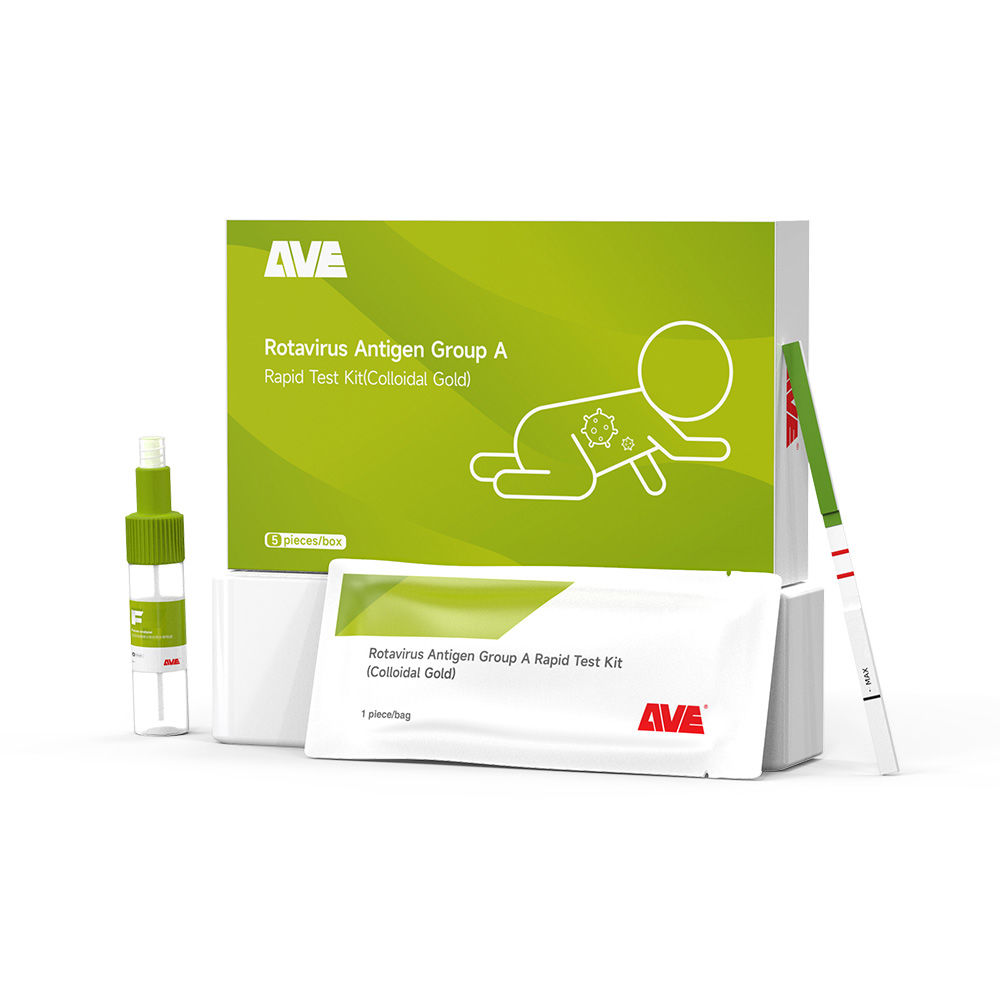
Cat.No. GP-DQL-00212
Rotavirus Antigen Group A Rapid Test Kit (Colloidal Gold), Card Type
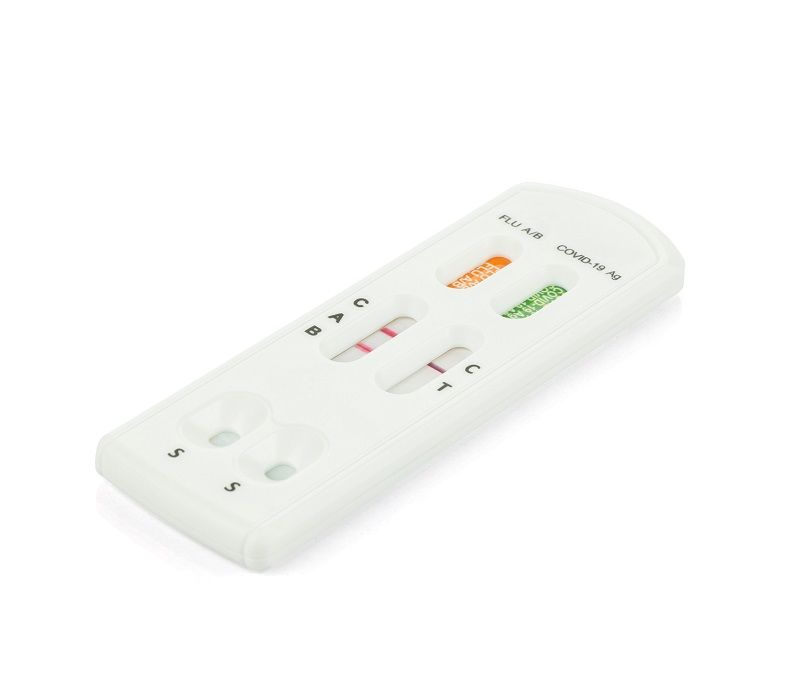
Cat.No. IP-00189
Influenza A Rapid Assay Kit
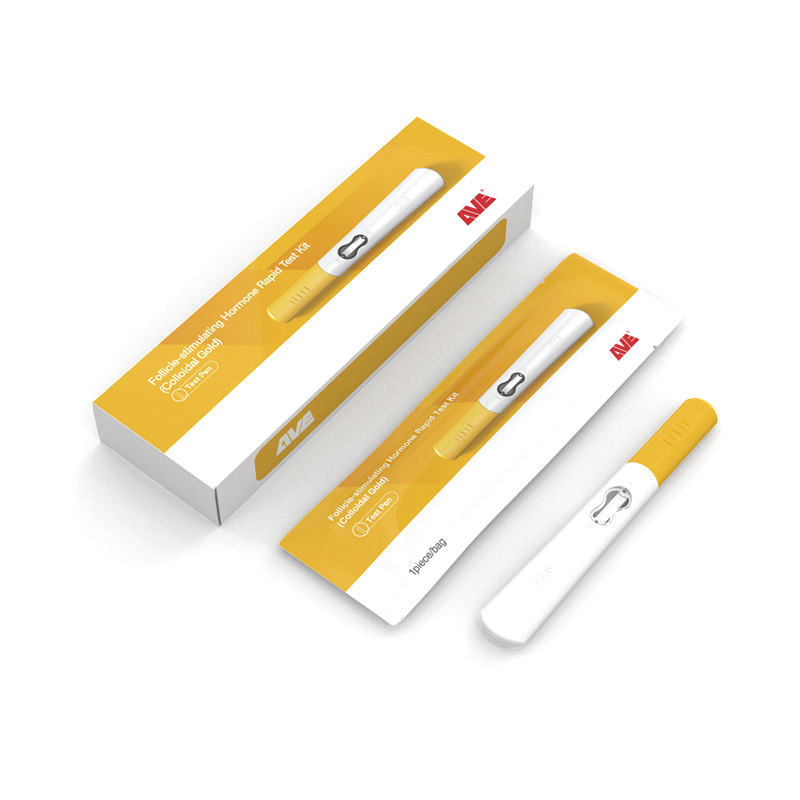
Cat.No. GH-DQL-00200
Follicle-stimulating Hormone Rapid Test Kit (Colloidal Gold)
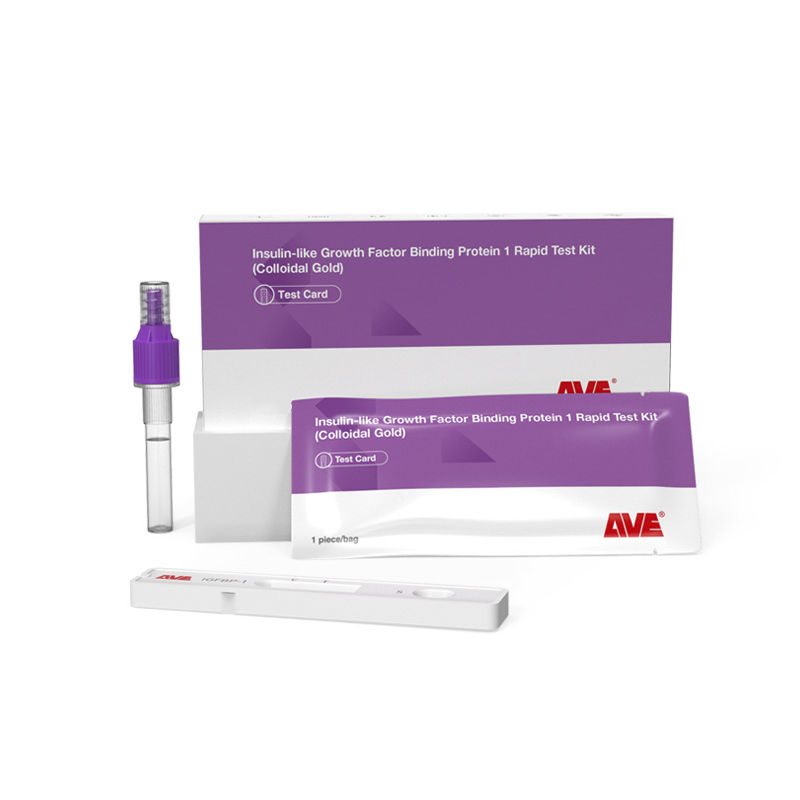
Cat.No. GH-DQL-00201
Insulin-like Growth Factor Binding Protein 1 Rapid Test Kit (Colloidal Gold)
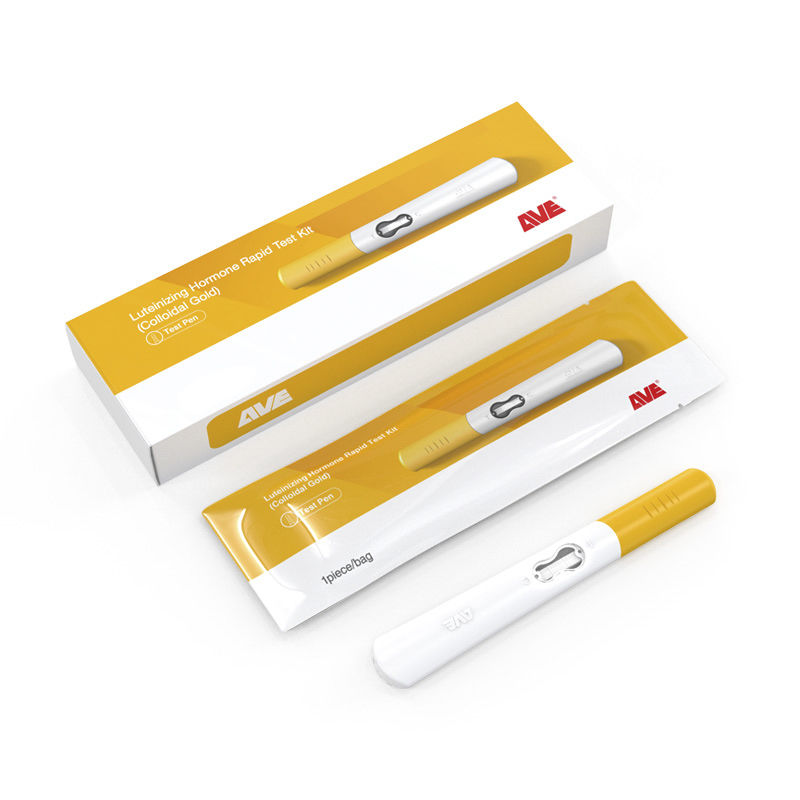
Cat.No. GH-DQL-00202
Luteinizing Hormone Rapid Test Kit (Colloidal Gold)
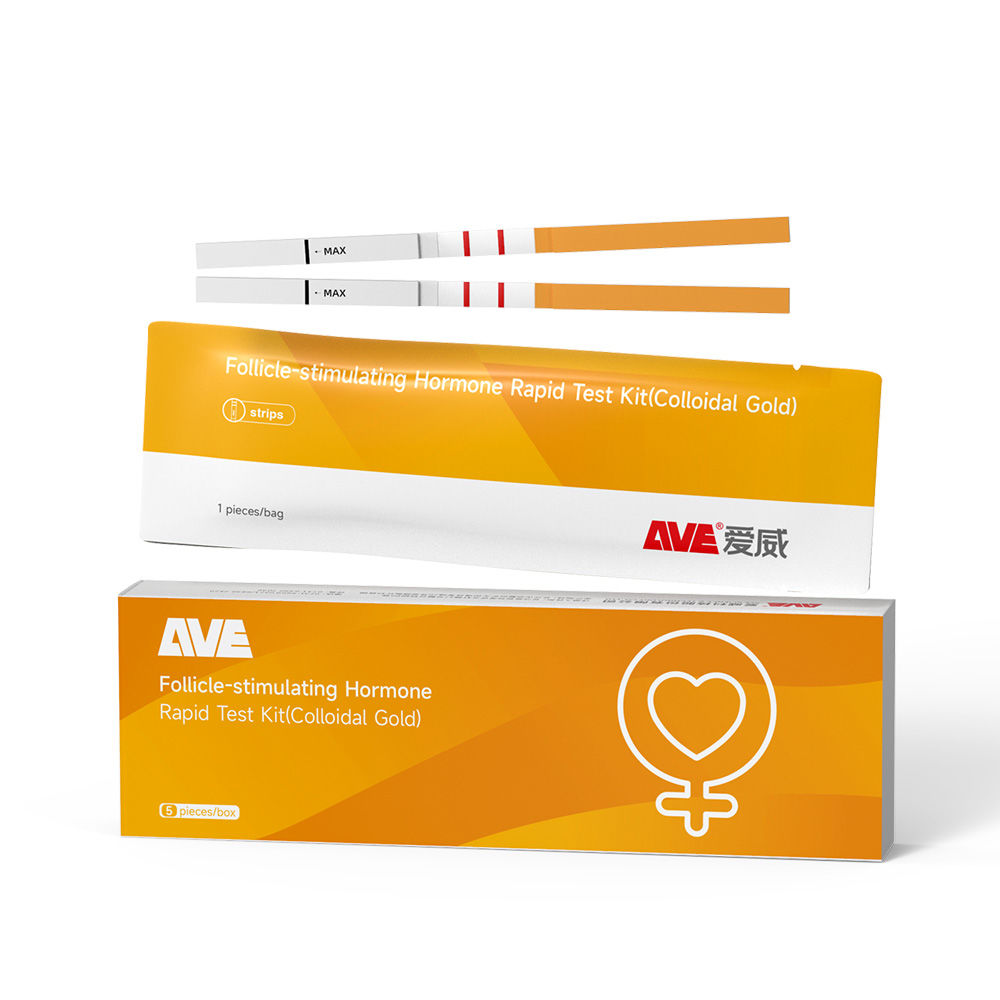
Cat.No. GH-DQL-00208
Follicle-stimulating Hormone Rapid Test Kit (Colloidal Gold), Strip Style
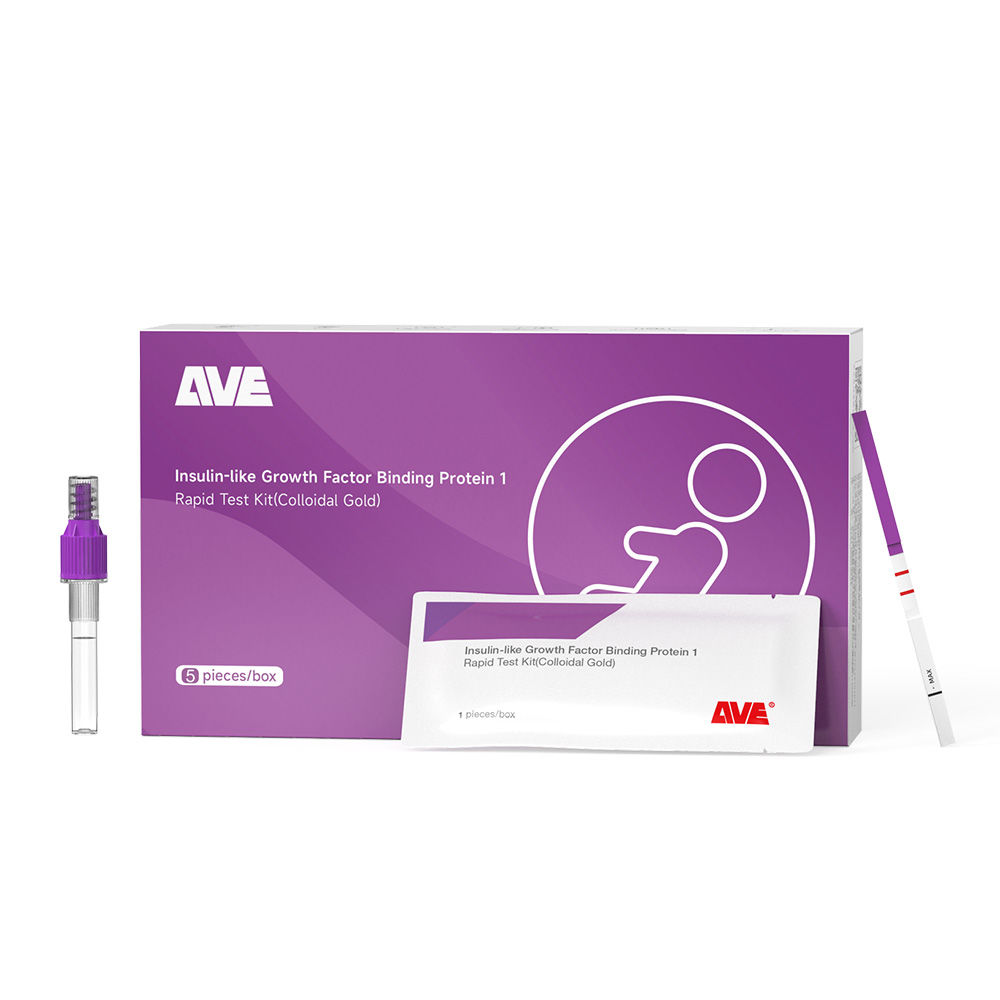
Cat.No. GH-DQL-00209
Insulin-like Growth Factor Binding Protein 1 Rapid Test Kit(Colloidal Gold), Strip Style

Cat.No. GH-DQL-00210
Luteinizing Hormone Rapid Test Kit (Colloidal Gold), Strip Style
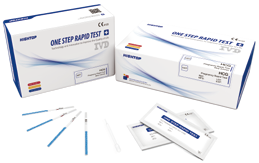
Cat.No. IH-HYW-0001
hCG Pregnancy Test Strip
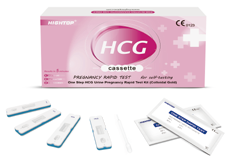
Cat.No. IH-HYW-0002
hCG Pregnancy Test Cassette
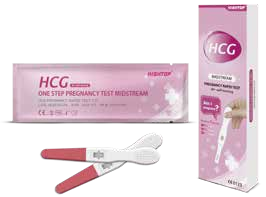
Cat.No. IH-HYW-0003
hCG Pregnancy Test Midstream
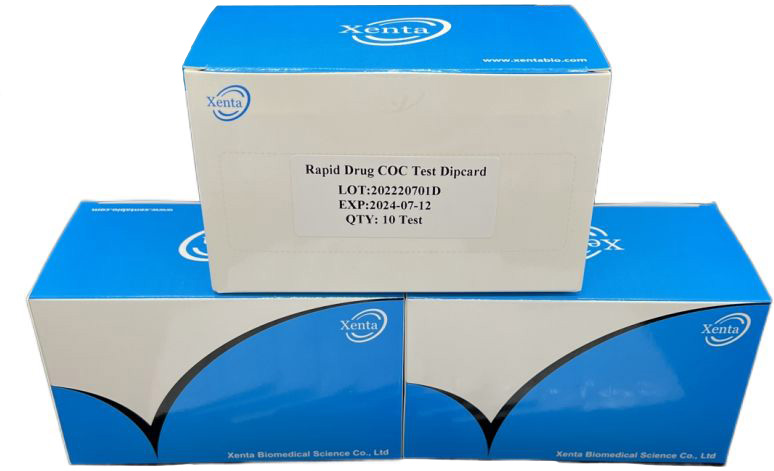
Cat.No. GD-QCY-0001
Cocaine (COC) Rapid Test Kit
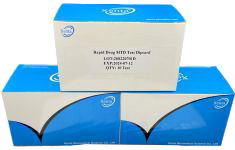
Cat.No. GD-QCY-0002
Marijuana (THC) Rapid Test Kit
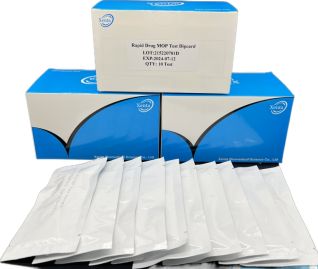
Cat.No. GD-QCY-0003
Morphine (MOP300) Rapid Test Kit
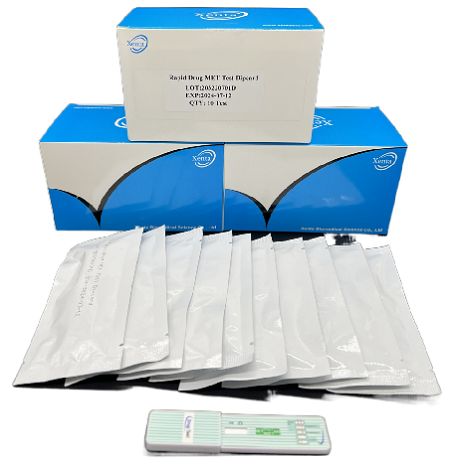
Cat.No. GD-QCY-0004
Methamphetamine (MET) Rapid Test Kit
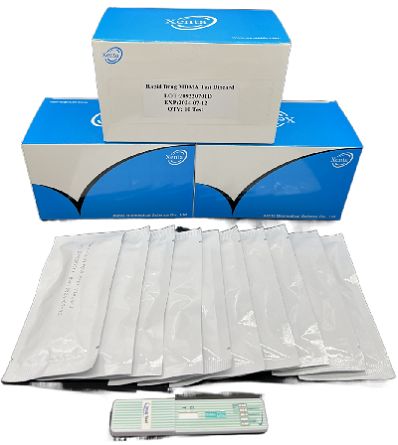
Cat.No. GD-QCY-0005
Methylenedioxymethamphetamine ecstasy (MDMA) Rapid Test Kit
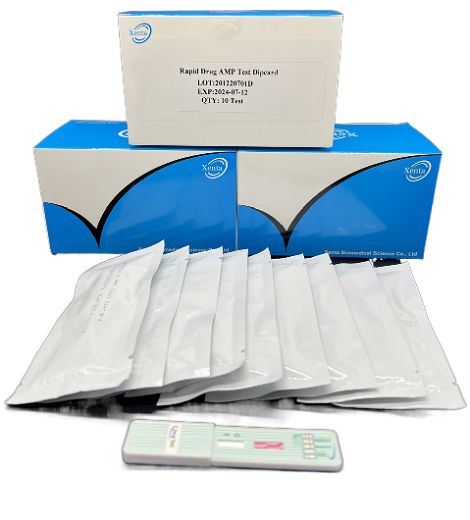
Cat.No. GD-QCY-0006
Amphetamine (AMP) Rapid Test Kit
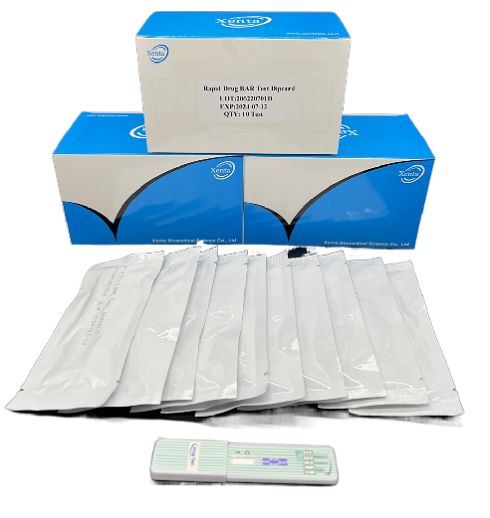
Cat.No. GD-QCY-0007
Barbiturates (BAR) Rapid Test Kit
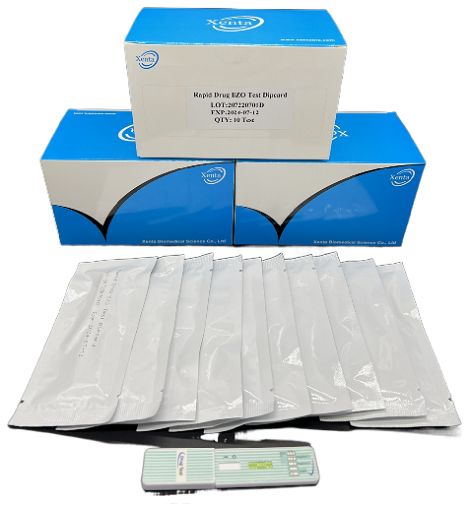
Cat.No. GD-QCY-0008
Benzodiazepines (BZO) Rapid Test Kit
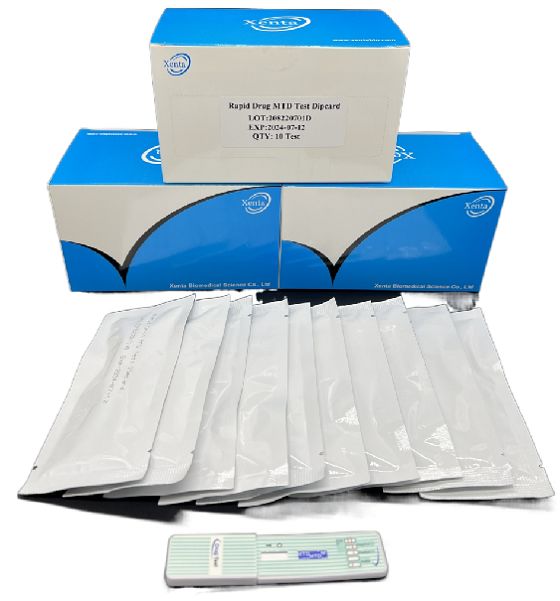
Cat.No. GD-QCY-0009
Methadone (MTD) Rapid Test Kit
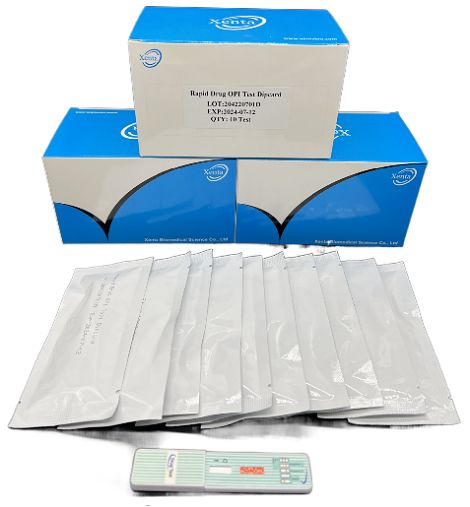
Cat.No. GD-QCY-0011
Opiate (OPI) Rapid Test Kit
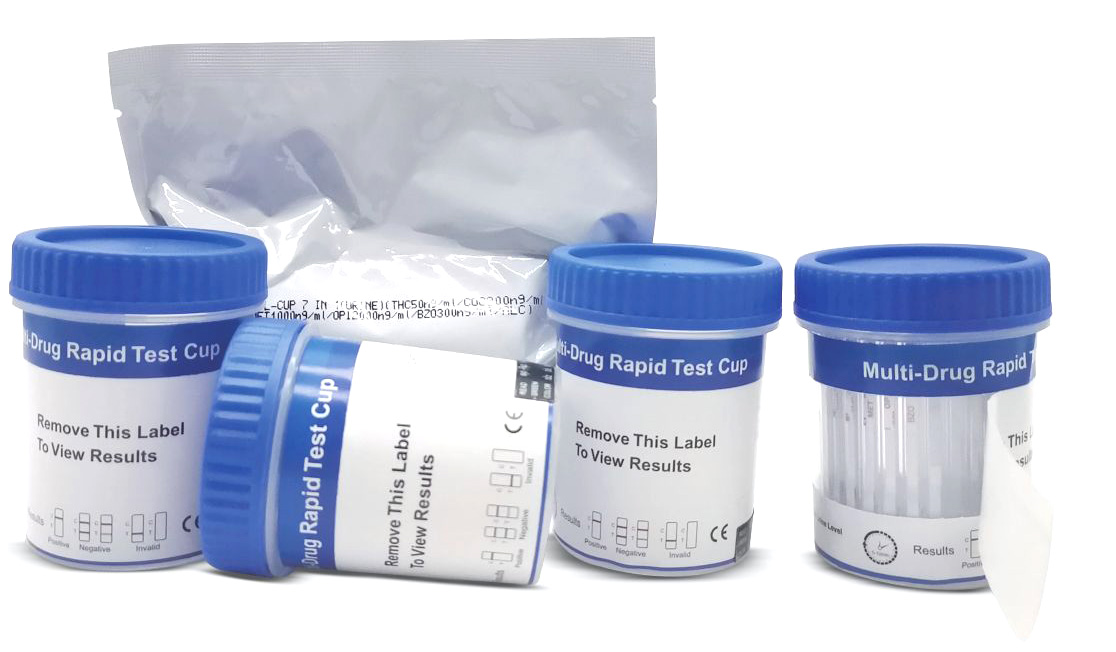
Cat.No. ID-HYW-0002
Multi-Drug Test L-Cup, (5-16 Para)
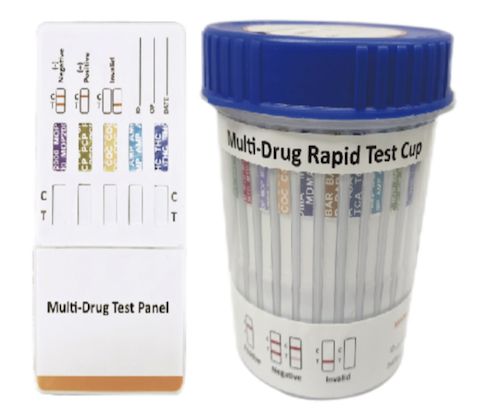
Cat.No. ID-HYW-0005
Multi-Drug Rapid Test (Dipcard & Cup) with Fentanyl
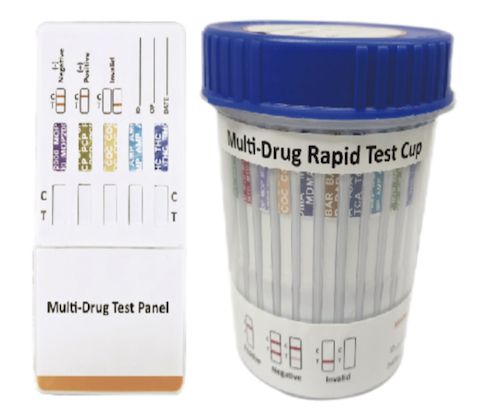
Cat.No. ID-HYW-0006
Multi-Drug Rapid Test (Dipcard & Cup) without Fentanyl
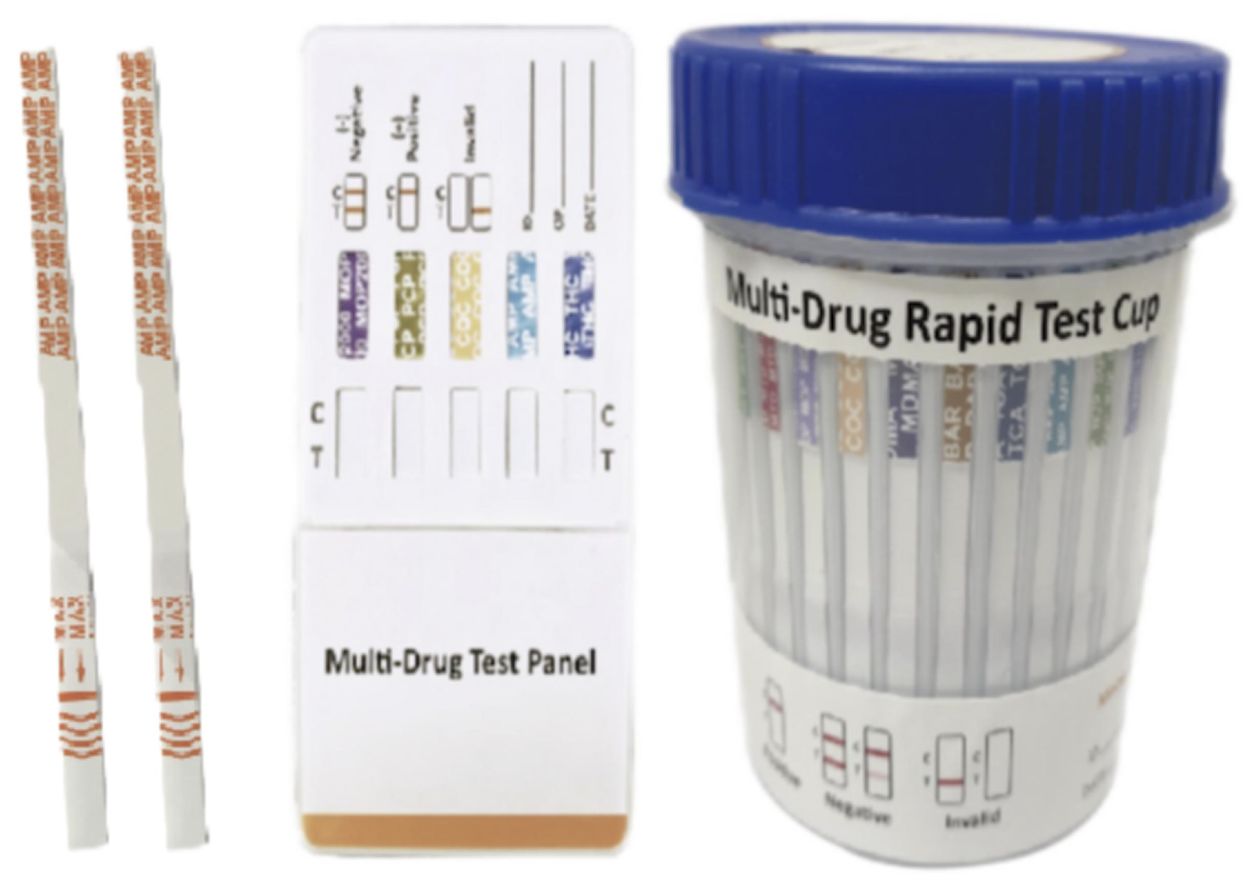
Cat.No. ID-HYW-0007
Multi-Drug 2~14 Drugs Rapid Test (Dipstick & Dipcard & Cup)
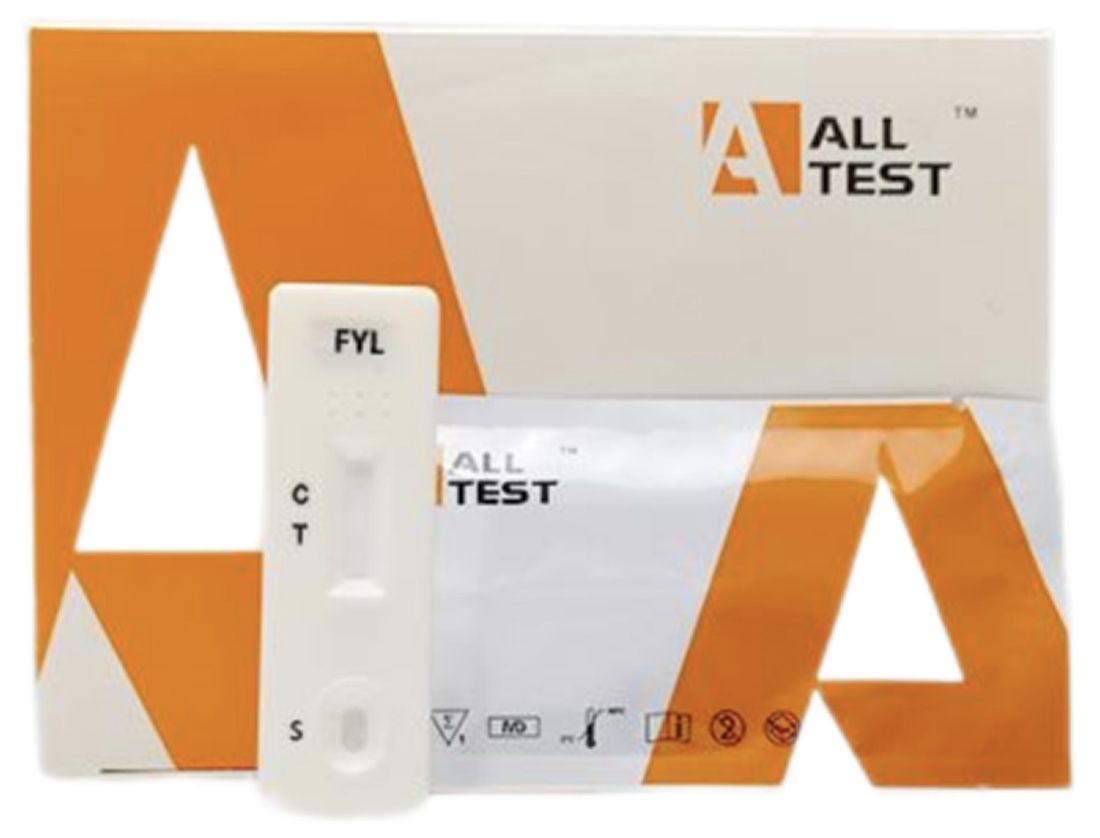
Cat.No. ID-HYW-0008
Fentanyl (FYL) Rapid Test (For Prescription Use)
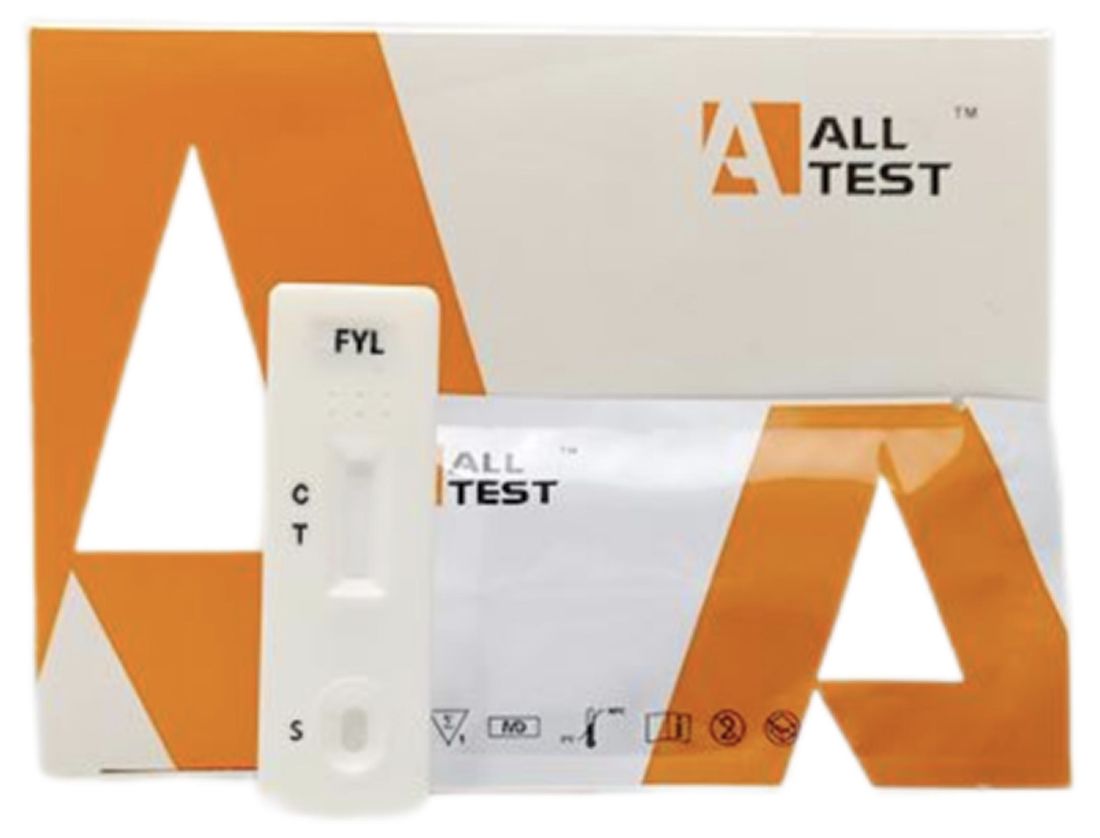
Cat.No. ID-HYW-0009
Fentanyl Urine Test Cassette (CLIA Waived)
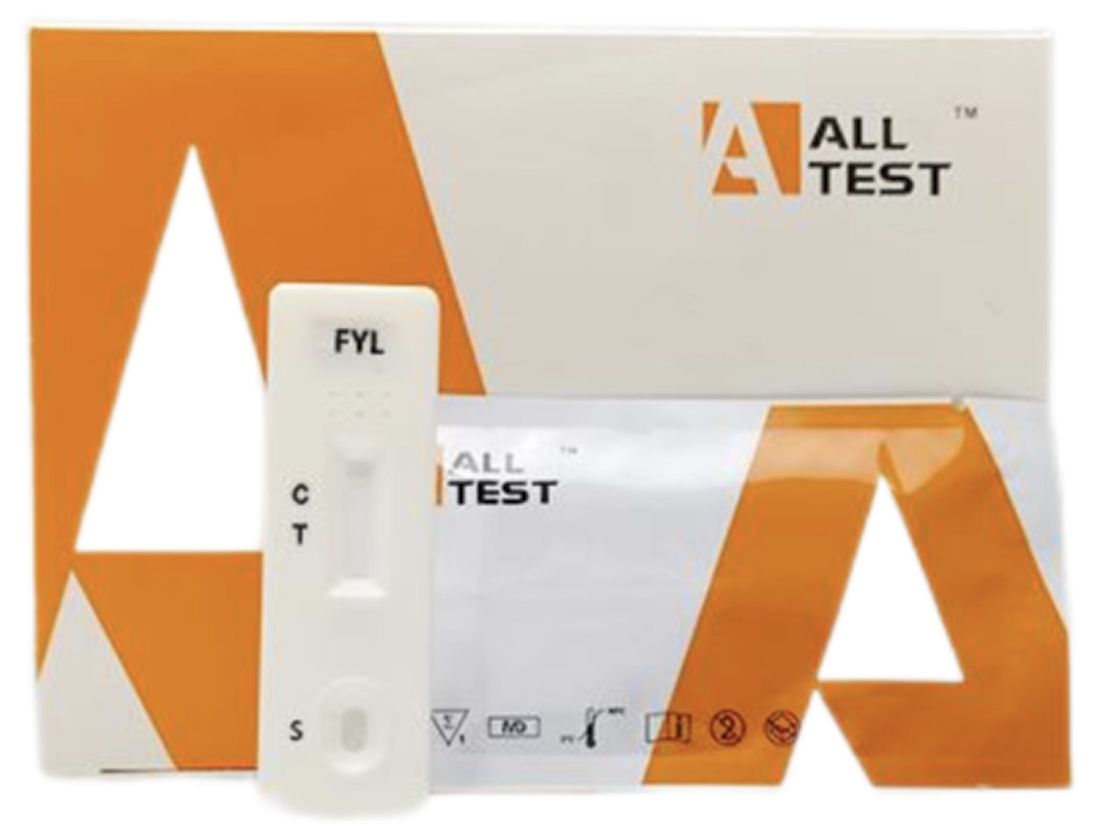
Cat.No. ID-HYW-0010
Fentanyl Urine Test Cassette (Home Use)
|
There is no product in your cart. |